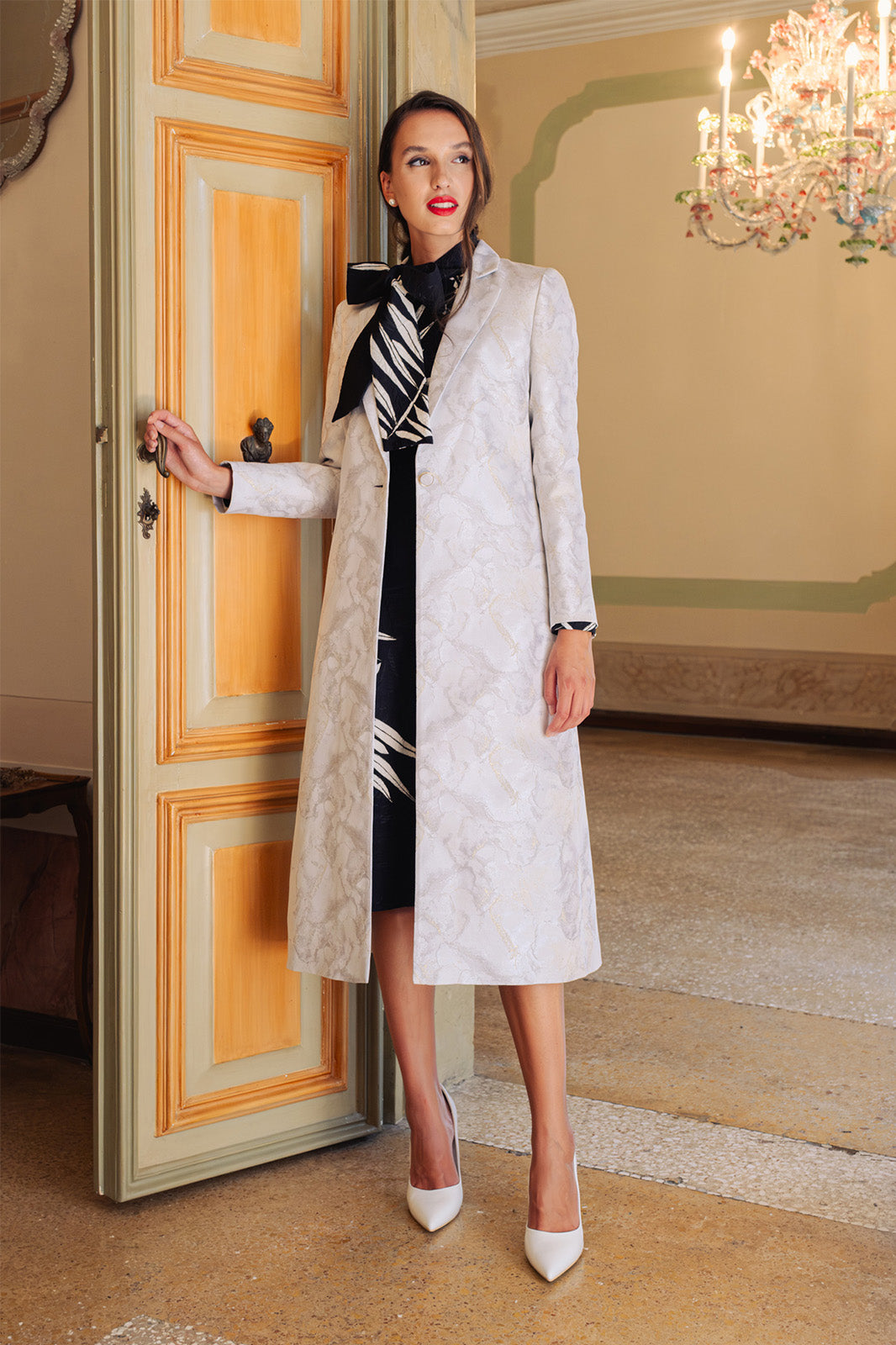
Sustainability
At MIRIYA, sustainability is not just a word – it's a commitment woven into every facet of our brand. From the heart of our creations to the heart of the planet, we're on a journey to create a future where style and sustainability harmoniously coexist.
Delve into our Sustainable Journey
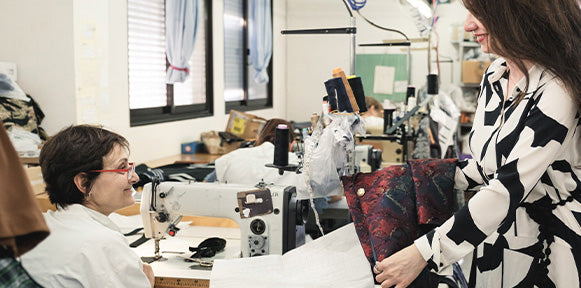
Artistry Rooted in Ethics
With pride, we introduce you to our family-owned artisans, whose skilled hands bring our designs to life in Italy. We've woven a bond that transcends mere production – it's a partnership that excludes sweatshops, embraces fair wages, and shuns unfair conditions. Miriya Love garments are a testament to responsible craftsmanship, each one imbued with the care and passion of artisans who are truly valued.
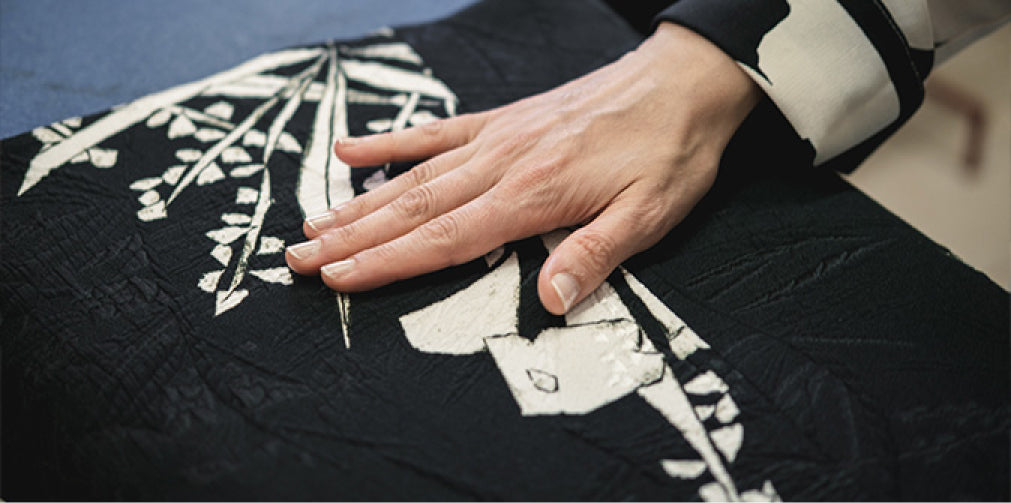
Materials That Speak of Integrity
We cherish the pristine environment that surrounds us, and it's why we're meticulous about sourcing sustainable materials. Our commitment extends to adhering to strict European government regulations that cover chemical use, dyes, waste management, and more. What sets Miriya Love apart is not only the structured elegance of our fabrics but also the conscious inclusion of deadstock materials. When you don Miriya Love, you're not just embracing luxurious texture but also aligning with the well-being of our planet.
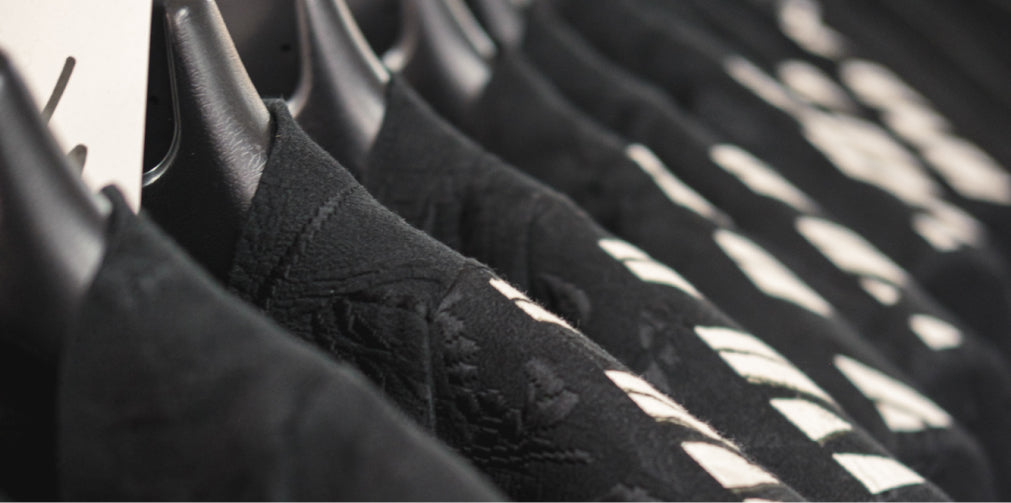
Conscious Creation, Limited Waste
In our pursuit of elegance, we remain vigilant against waste. By producing in small quantities, we reduce excess and prioritize quality over quantity. This approach allows us to honor the essence of each piece, and in turn, minimizes our impact on the environment.
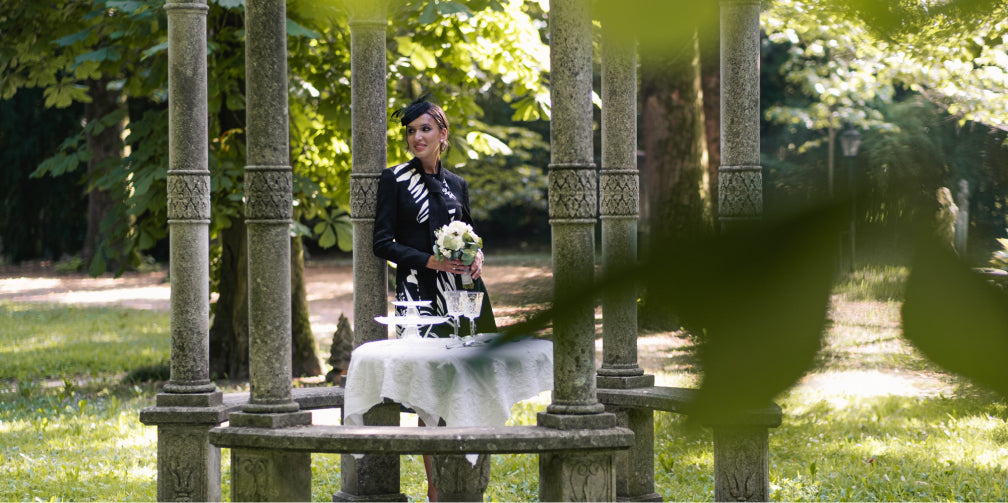
Natural Fibers: Nurturing Nature
We are fervent advocates for the environment, which is why we've chosen the path of almost exclusive natural fibers. In our array of fiber choices, you'll discover an assortment including wool, merino wool, silk, viscose, and cotton. These fibers, derived from nature itself, not only exude luxurious comfort but also embody our commitment to sustainability. By weaving the elegance of these fibers into our designs, we ensure that every choice we make resonates with responsible living.
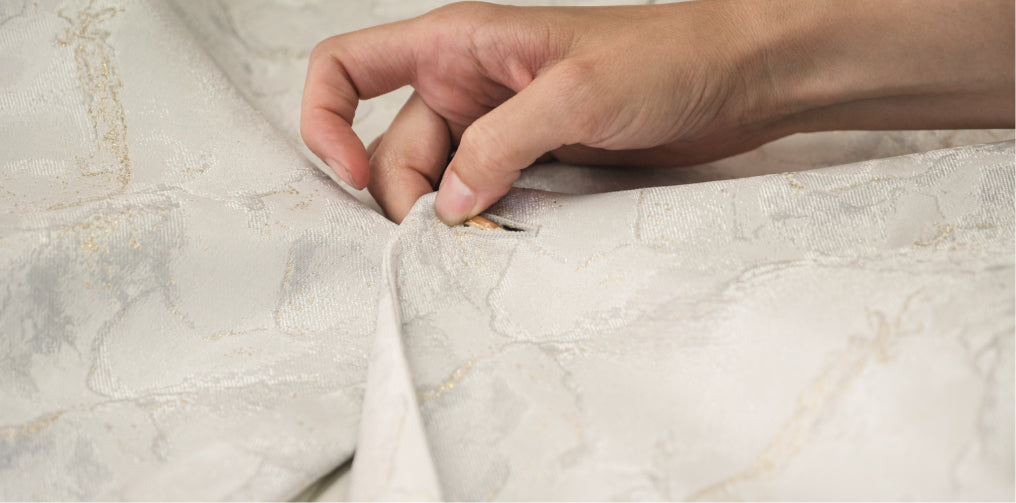
Sustainability and Comfort: The Art of Fiber Blending
Our journey towards responsible creation is one that recognizes the importance of comfort without compromising our planet's well-being. While we primarily champion natural fibers for their eco-friendliness and grace, there are instances where the integration of certain polyester fibers and elastane becomes essential. These fibers introduce a dimension of comfort, resilience, and beauty that complements our designs seamlessly. Blending these materials harmoniously is a delicate art, as it preserves the softness and resilience that our garments are known for. This balance allows us to maintain our commitment to sustainability while crafting pieces that feel as luxurious as they look.

Your Role in Our Vision
As you embrace Miriya Love's creations, you're not just stepping into elegance; you're joining a movement towards conscious consumption. We invite you to be part of this journey towards a sustainable future, where your choices play a pivotal role in shaping a world that's beautiful inside and out. Thank you for being part of our mission to craft responsibly, nurture our planet, and celebrate the elegance of sustainability.
Our Capsule Collection Certifications
The RCS (Recycled Claim Standard) is used as a chain of custody standard to track recycled raw materials through the supply chain. The standard was developed through work done by the Materials Traceability Working Group, part of OIA's Sustainability Working Group. The RCS uses the chain of custody requirements of the Content Claim Standard.The RCS verifies the presence and amount of recycled material in a final product. This happens through input and chain-of-custody verification from a third party. It allows for the transparent, consistent and comprehensive independent evaluation and verification of recycled material content claims on products. RCS can be used as a business-to-business tool to give companies the means to ensure that they are selling quality products and getting what they pay for. It is also used as a way to ensure accurate and honest communication with consumers. This includes companies in ginning, spinning, weaving and knitting, dyeing and printing and stitching.
The Global Recycle Standard (GRS) was originally developed by Control Union Certifications in 2008 and ownership was passed to the Textile Exchange on 1 January 2011. The GRS is an international, voluntary, full product standard that sets requirements for third-party certification of recycled content, chain of custody, social and environmental practices and chemical restrictions.The GRS is intended to meet the needs of companies looking to verify the recycled content of their products (both finished and intermediate) and to verify responsible social, environmental and chemical practices in their production. The objectives of the GRS are to define requirements to ensure accurate content claims and good working conditions, and that harmful environmental and chemical impacts are minimised. This includes companies in ginning, spinning, weaving and knitting, dyeing and printing and stitching in more than 50 countries.
The Forest Stewardship Council (FSC) is an international, non-governmental organisation dedicated to promoting responsible management of the world’s forests. Since its foundation in 1994, FSC has grown to become the world’s most respected and widespread forest certification system.
4sustainability® is an innovative implementation framework and registered trademark assuring the sustainability performance of the fashion & luxury supply chain.
OEKO-TEX® STANDARD 100 is one of the world's best-known labels for textiles tested for harmful substances. It stands for customer confidence and high product safety. If a textile article carries the STANDARD 100 label, you can be certain that the article, has been tested for harmful substances and that the article therefore is harmless for human health. The test is conducted by our independent OEKO-TEX® partner institutes on the basis of our extensive OEKO-TEX® criteria catalog. In the test they take into account numerous regulated and non-regulated substances, which may be harmful to human health. In many cases the limit values for the STANDARD 100 go beyond national and international requirements. The criteria catalog is updated at least once a year and expanded with new scientific knowledge or statutory requirements.
The 100% certified renewable energy produced with our hydroelectric plants protects the environment and increases the value of your business.






